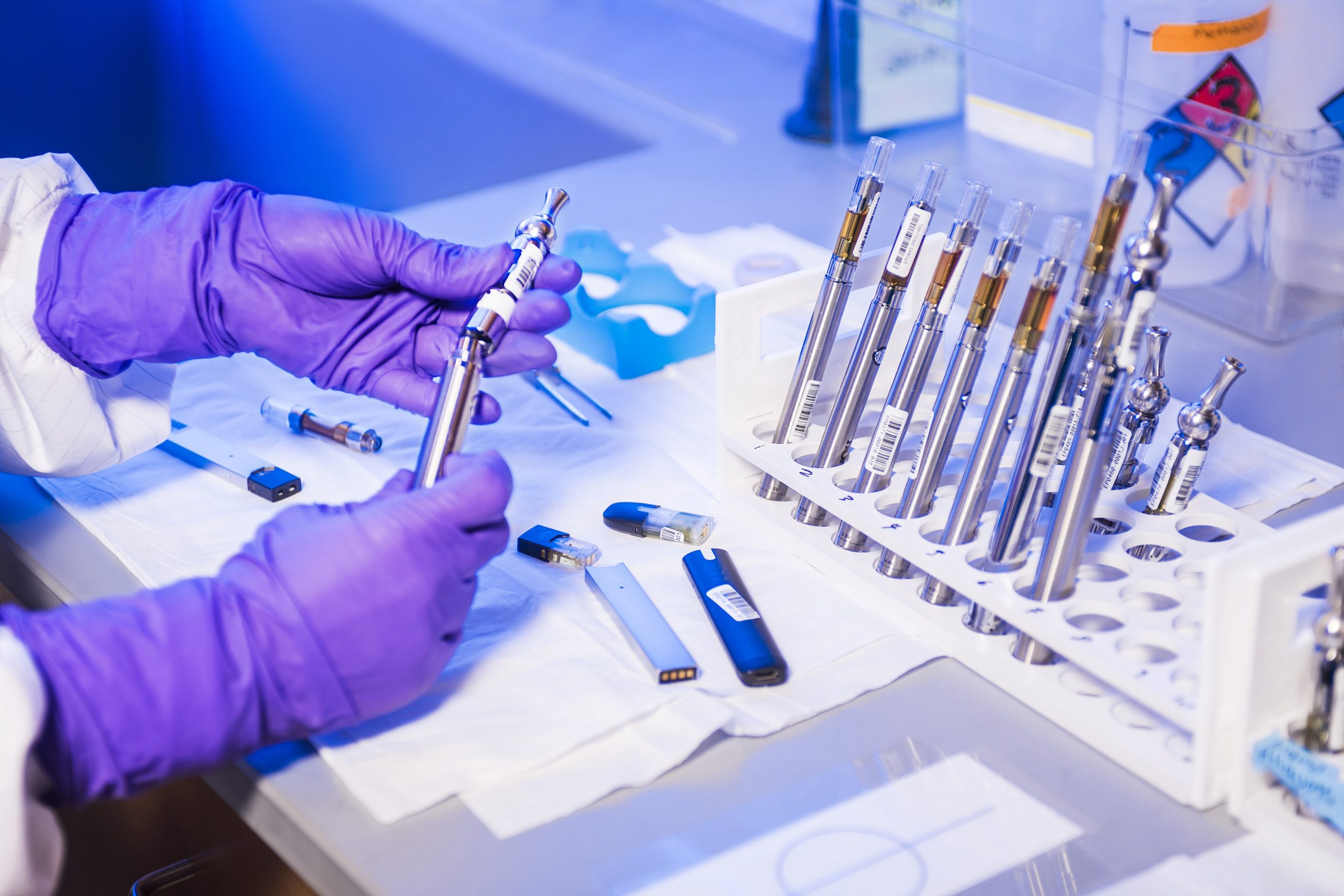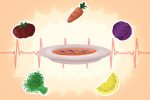There’s a famous saying that you are what you eat, but how accurate is that statement? It seems new diets are coming out regularly, all promising the same thing. Every diet promises to help people lose weight and keep it off. Unfortunately, it seems like the more diets and weight-loss plans that become available, the more difficult it is to distinguish what works and what is nothing more than smoke and mirrors. If all diets worked equally, shouldn’t there be only one diet?
For anyone that’s tried (and failed) more than their share of diets, the results couldn’t be further from the truth. Everyone reacts differently to different diet plans, whether low-fat, low-carb, keto diet or another variation of restrictive dieting. For those struggling with weight loss, trying to find a plan that shifts the scales can seem impossible.
Understanding DNA-based diets
DNA-based diets operate based on the idea that everyone has a unique set of biomarkers, genes and genetics that influence how our body takes in and breaks down food. The formal study is called nutrigenomics, which focuses on the variations within the body as they relate to micro- and macronutrient absorption. These diets will focus on the individual’s core makeup instead of trying to apply a generic meal plan to thousands of people.
Nutrigenomics (the formal name for DNA-based diets) is the relationship between overall health, genes, nutrition and gene expression. It works to connect how our bodies react to what we eat and how that influences the genes within our bodies. It also works to analyze individuals at the core level of their dietary and health needs. It uses analysis to determine how the genes express within an individual and how that influences core nutritional needs.
DNA-based diets work through the exact development of nutrigenomics. Most DNA-based diets will have subjects submit various tests for evaluation before developing customized diet plans according to their genetic makeup. One popular program, NJDiet, connects medical professionals with people who want to lose considerable weight. Unlike standard diets, the NJDiet collects genetic information about the patient through a series of tests and evaluations. From there, doctors are able to create a custom weight loss plan.
How do participants submit tests?
For those wanting to start the NJDiet, the consultation will work as an evaluation too. Testing will determine the baseline of your genetic disposition; doctors assess every participant with specific tests during the consultation. These tests include bloodwork, saliva and hair evaluations. Participants will also submit to a bioenergetic balancing scan. These tests will help you understand specific preferences and dispositions within the body, whether that’s individual nutritional requirements or exercise programs. There are 2000 biomarkers assessed during the consultation and over 50 different metabolic considerations.
People must submit these tests before analysis and development of the plan can occur. Medical professionals will analyze the DNA for specific gene variants preventing weight loss or predispositions to type II diabetes.
How does the NJDiet work?
The NJDiet works by creating a customized diet for anyone on the program based on their genetic profile. There are no catchall programs; everything is tailored to the individual. During the consultation, participants submit various tests to start the analysis. From there, doctors can identify any critical markers within the genetic disposition that may influence the diet, along with any predispositions to health issues.
Doctors create individual plans for anyone wanting to continue the program. This plan includes customized meal plans, uniquely formulated supplements and optimized exercise routines for maximum weight loss. Unlike other programs, the NJDiet focuses on healing the body from within to promote natural weight loss. The diet is all-natural, promoting gut healing, detoxification and overall health.
Are these diets effective?
As a general NJDiet review, this DNA-based plan is effective for those wanting to lose weight. Evaluating the feedback online, it seems many people registered with NJDiets have had considerable success with the program. The diet has hundreds of positive reviews online, with the average weight loss above 25 pounds. Many testimonials cite a better understanding of their body, more substantial knowledge in nutrition and increased energy overall. Although some reviews didn’t find the program to be as beneficial as they would have liked, they still seemed satisfied with the quality of care overall.
One-size-fits-all approaches to dieting have proven ineffective and inefficient long-term. The NJ Diet review on Space Coast outlines the steps of the program, highlighting the individual focus to anyone struggling to lose weight. With a personalized methodology to weight loss, individuals are likely to lose more weight than when trying various plans on their own. Medically supervised diet plans add to participants’ success, with more accountability and influence in the right direction. As a result, those following DNA-based diets are more likely to lose weight in less time. Additionally, there is a more significant focus on appetite regulation, energy, fat burning and metabolism within the program than with many other generic diets. The program works to detoxify your body, regulate hormones and improve your quality of life.
Benefits of the NJDiet
The NJDiet isn’t just a weight loss program. It’s an inclusive plan that works for resetting, improving and regulating the influence of nutrition within the genes. Rather than focusing solely on calorie reduction, the method includes supplemental nutrients, vitamins and minerals missing from the body to improve functioning. The certified medical personnel is available to participants at any time by reaching out by phone or email. This access helps patients stay connected to medical personnel. With regular check-ins every 10 days, ongoing evaluation keeps your weight loss focused throughout the 40 days.
During every check-in, your doctor will review your weight loss, overall health and make any modifications necessary as you progress. This evaluation includes a review of your current weight, assessment of what type of weight loss is occurring (whether it’s fat, muscle or water loss), setting program requirements and review of any supplements.
When patients have finished the program, they’ll receive comprehensive education on how their body works, the best foods to eat, what foods to avoid and an optimal daily calorie range. The medical personnel give participants everything they need to understand how their body functions and how to keep the weight off permanently.
Do DNA-based diets work better than traditional plans?
While traditional diets may work for some, they’re not a guaranteed success. There are many reasons a program may not work for people, from sustainability, accountability or genetic influence. The weight fluctuations while dieting can be discouraging for some individuals and can be physically demanding on the body. Many people struggle with extra weight mentally and emotionally too. Starting a DNA-based diet takes out the guesswork to weight loss. People who have struggled to lose weight (or keep it off) may find the analysis helpful in uncovering predispositions that might change their relationship with food.
Developing a relationship with food that starts with education makes those following a DNA-based diet more likely to succeed long-term. After all, it’s easy to fail a diet that isn’t working, but it’s impossible to argue with your genetic makeup.
















